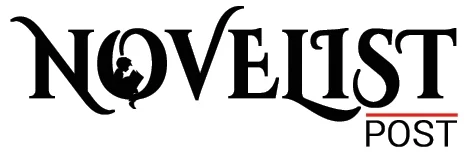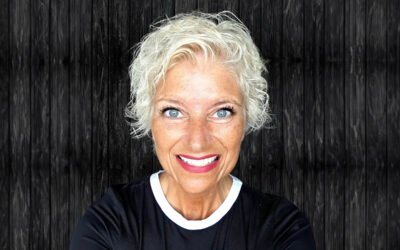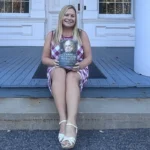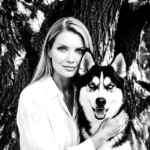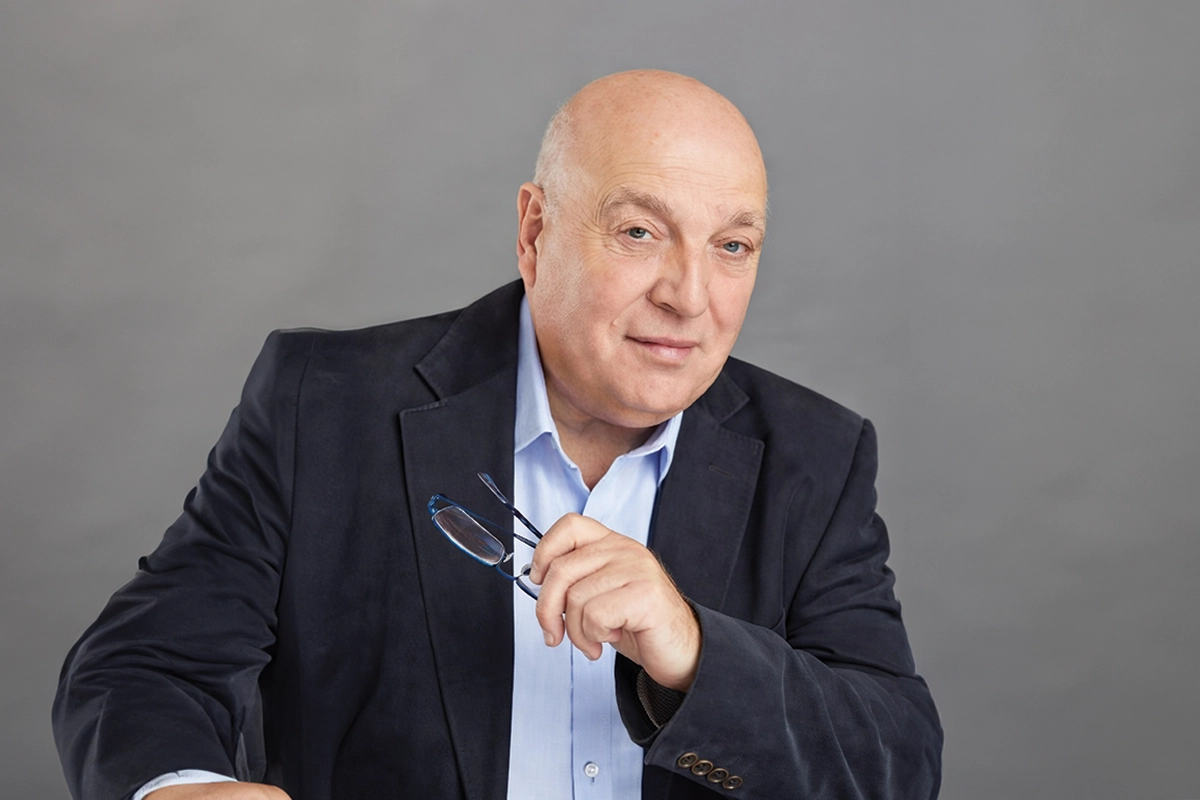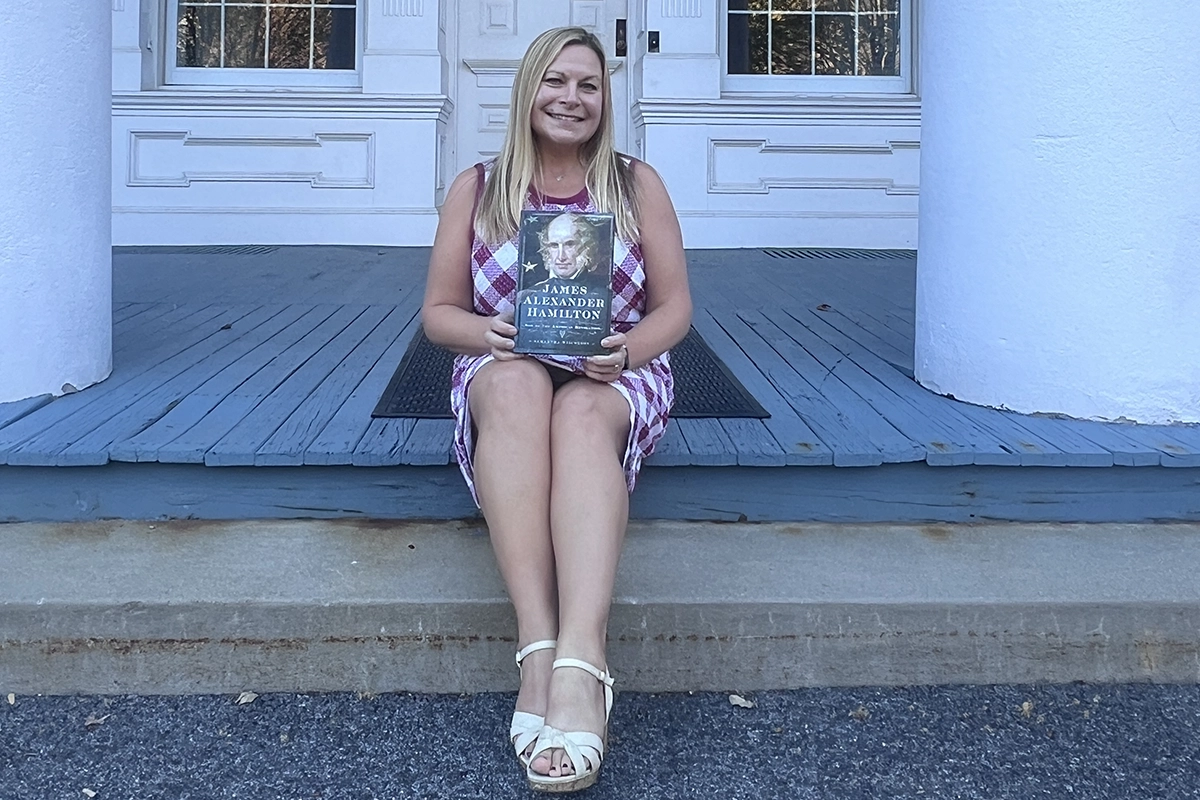Megan Hart Explores Desire, Identity, and the Emotional Depths of Human Experience
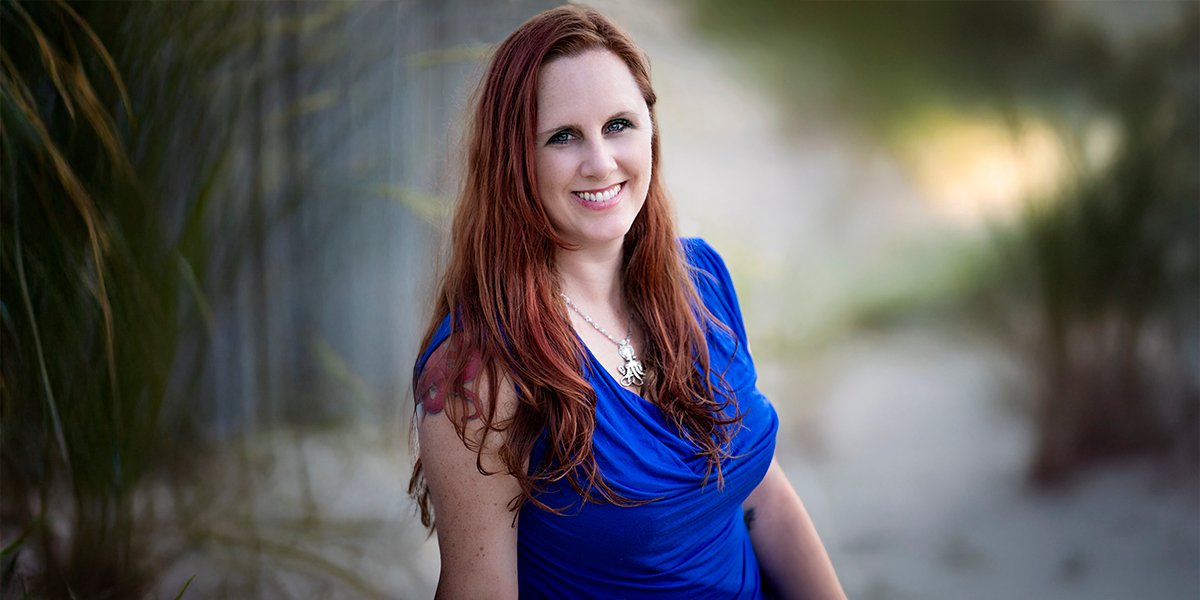
PHOTO: Author Megan Hart, master of emotional complexity and genre-defying fiction, photographed during her latest book tour. Credit: Whitney Hart Photography
Writing Across Genres With Grit, Heart, And Honesty
Megan Hart discusses writing emotionally complex characters, balancing multiple genres, crafting flawed relationships, and embracing “what if” moments in fiction while sharing her approach to pen names, process, and recurring themes.
Megan Hart is a literary force whose work defies boundaries and expectations. With nearly a hundred titles spanning romance, horror, women’s fiction, and psychological thrillers, Hart crafts stories that are emotionally raw, unflinchingly honest, and deeply human. Whether writing under her own name or as Mina Hardy, she invites readers into the messy, complicated, and often heartbreaking realities of flawed people trying—and sometimes failing—to find connection and meaning.
Her novels don’t shy away from the uncomfortable. Instead, they lean into the vulnerability of desire, the complexities of control, and the ever-shifting nature of identity. From second-chance romances tangled in power dynamics to dark thrillers haunted by family trauma, Megan Hart writes with a voice that is both fearless and deeply compassionate. She creates characters who live and breathe, who stumble and break, and whose stories linger long after the last page.
In this conversation, Hart shares insights into her creative process, the challenges of navigating multiple genres and pen names, and why imperfection is at the heart of every story she tells. It’s an illuminating look into the mind of a writer who continues to push the boundaries of genre fiction—and who always writes with fearless authenticity.
Megan Hart is a fearless storyteller whose emotionally rich, genre-spanning work challenges conventions and captivates readers with unforgettable, deeply human characters.
What draws you to writing characters who are emotionally complex and often deeply flawed?
Real people are emotionally complex and deeply flawed, so it’s always made sense to me that characters in a novel should be, too. While sometimes it’s entertaining to read about perfect people with perfect lives making perfect choices, I gravitate toward the stories about people struggling to get through their messy lives, making bad choices, but hopefully learning and growing along the way. Sometimes they come out better for it. Sometimes not. But those are the stories I find interesting and want to read, so I write them in the hopes other readers will too.
How do you balance writing both romance and psychological thrillers under different pen names?
Even though I write in different genres, I feel as though my writer’s voice is similar across all types of stories. Character driven, complex and flawed characters, emotional. I write about relationships. Sometimes those stories are about relationships that include romance and love, other times, they’re family relationships or toxic relationships. Despite the different names, I feel like the stories have a lot of similarities.
“Real people are emotionally complex and deeply flawed, so it’s always made sense to me that characters in a novel should be, too.” — Megan Hart
What was the inspiration behind Beg for It, and how did you approach developing the dynamic between Corinne and Reese?
There are a lot of stories with a BDSM slant that feature male dominants. I wanted to read a book about a female dominant. I write books I’d like to read. The dynamic between Corinne and Reese relies heavily on the second-chance romance trope, which I also love. They messed it all up the first time; can they get it right the second time around? The D/S dynamic is one small part of their relationship, and one that gets turned on its head when he shows up as her superior (at least at work.) How would they handle not only being back in each other’s lives but navigating that former power exchange dynamic? I start all my books with WHAT IF and go from there.
In All the Lies We Tell, how did you navigate writing about family trauma and childhood connections in a romantic context?
I like writing books about people faced with choices – and they don’t always make the right ones. How does that change their lives? I’m also a big fan of not only WHAT IF but WHAT HAPPENED AFTER? How do the events of a story impact characters not just during those events, but later?
Which of your books was the most emotionally challenging for you to write, and why?
Tear You Apart broke me into little pieces. Not every story is meant to have a happy ending, no matter how much you’d like to give the characters one.
“I have a basic structure but usually I discover all the fine details along the way.” — Megan Hart
How do you research the psychological aspects of your thrillers written as Mina Hardy?
I read books or articles, watch interviews or talk to people who’ve experienced what I’m writing about. Other than that, I make a lot of stuff up!
What’s your writing process like—do you plot everything in advance or discover the story as you go?
I know the beginning. I usually know the end. The middle is a vast wonderland of WHAT IF. I would love to be a plotter. I think it would make my life so much easier to plot, then simply sit down and write the story. But that’s not how it works for me. I have a basic structure but usually I discover all the fine details along the way.
How do you decide whether a story idea fits better under Megan Hart or Mina Hardy?
Honestly, I’m not the one who makes the choice. Romances and women’s fiction use Megan Hart because that’s what readers have come to expect. Mina Hardy writes the thrillers. BUT “we” both write horror and I’ve had publishers prefer to use one name over the other, so…it’s really up to them. If I’m publishing the work myself, I’ve started using Megan E. Hart for spec fic, just to differentiate it from the romance. But there’s also crossover with the pen names!
“Not every story is meant to have a happy ending, no matter how much you’d like to give the characters one.” — Megan Hart
What role do recurring themes like desire, control, and identity play in your work across genres?
Those themes are very common and relatable, so it’s easy to find ways to create characters who are struggling (or not) with them. What do they desire? How do they control (or lose control) their lives? Who do they think they are, vs. who does the reader see them as?
What advice would you give to authors who want to write genre-blending stories without losing their voice?
Write what you like to read. Or even simpler – write what you like. Writing’s hard enough without slogging through it. Write the stories that compel you and light you up. Your voice will shine through.
